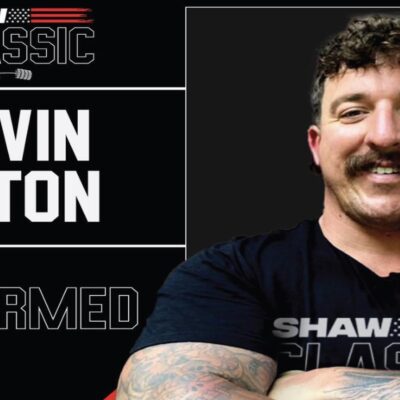If your nails are anything like mine, they become flimsy and papery after a gel or acrylic manicure: They peel, tear, and fold over themselves when I do so much as clasp a necklace. It seems that in order to have nice-looking nails, I might as well get a mani every week—but I don’t have the disposable funds for that.
Recently my inbox has flooded with beauty brands touting the benefits of their new topical nail strengtheners. According to Ivy Lee-Keltner, MD, a board-certified dermatologist and the medical director of Direct Dermatology, most nail strengtheners create a protective, hydrating film on top of the nail, which should make it less likely to peel, break, or split. But are these products worth the hype—and your money? Dr. Lee says there isn’t significant scientific evidence that proves the efficacy of over-the-counter nail strengtheners (most of it is anecdotal). However, anything that hydrates or protects your nails probably won’t hurt—just avoid any topical products that are formulated with formaldehyde, she says, as the chemical can cause serious irritation in some people.
In my quest for hand-model-worthy nails, I learned that there’s an inexpensive, more versatile alternative to these products that I already had in my medicine cabinet: Aquaphor. “Applying an ointment like Aquaphor or Vaseline to the cuticles can help seal the cuticle and promote healthy nails,” Fatima Fahs, MD, FAAD, a board-certified dermatologist and the founder of Dermy Doc Box, tells SELF. Apparently, TikTokers called this “nail slugging” in 2022, but this is one “trend” that likely won’t go away. Dr. Lee notes that she also recommends products like Aquaphor or Vaseline to her patients who are concerned about brittle nails. “In my clinical experience, I have had patients self-report improved durability of their nails when they hydrate the nail fold with a moisturizing ointment,” she says.
How does petrolatum strengthen your nails?
The main ingredient in ointments like Aquaphor and Vaseline is hydrated petrolatum (a.k.a. petroleum jelly). “[It’s] an occlusive moisturizer, which forms a barrier that seals water in,” Dr. Lee says. “Applying this to the proximal nail fold and cuticle helps hydrate the area where the nail plate starts to grow. This results in a smoother and more durable nail plate.” (The proximal nail fold is the skin bordering the lower end of the nail; this is where your cuticle grows over the nail. The nail plate, often just called the nail, is the part you paint with polish.)
Petrolatum-based ointments can help your cuticles hold onto moisture, which is key for overall nail health. “Open, irritated, or ragged cuticles can contribute to weak nails and a weak nail bed,” Dr. Fahs says. Your first instinct might be to grab the cuticle nippers and snip extremely dry skin around the nail or push the cuticles back, but your best move is to keep them moisturized and otherwise leave them alone. “The cuticle is essential to protecting the nail from bacteria and other germs entering the body [that can] cause infections,” Nada Elbuluk, MD, a clinical associate professor of dermatology at the University of Southern California, previously told SELF.





